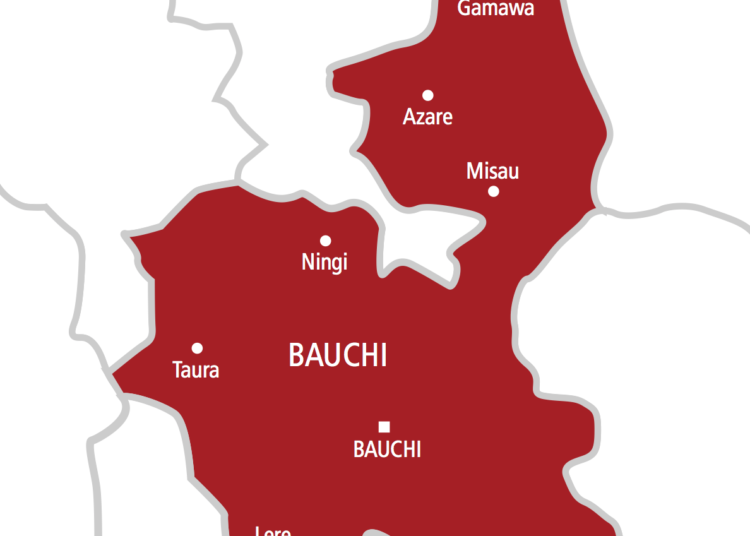Students of the Abubakar Tatari Ali Polytechnic (ATAP) have protested the closure of the institution when their final year colleagues were about to write examinations.
The students blocked the gate of the institution and the Bauchi-Jos road adjacent to the school stopping some motorists from plying the road when the institution directed them to vacate the school.
Some protesters burned tyres to show their anger about the situation.
Notice for the students to vacate the polytechnic signed by the ATAP students’ affairs officer, Nasiru Ahmed Burga said the management resolved to close the institution with immediate effect following the students’ unrest within and outside the campus.
Burga said, “All students are therefore informed to vacate the campus within two hours 10:00 – 12:00 noon as security would take over the campus.”
Some of the students who spoke to journalists described the development as totally unacceptable considering the fact that they were about to start exams with some of them writing final exams.
They called on the concerned authorities to immediately open negotiations with the unions in order to resolve issues amicably before the expiration of the 14 days to avoid another total strike.
Last week, the Joint Action Committee (JAC) of the Bauchi State tertiary institutions notified all the stakeholders affected by the impending strike of the need for total and comprehensive two-week warning strike billed for yesterday unfailingly.
A letter signed by the committee chairman, Abdulkadir Mohammed drew the attention of staff and students of the five tertiary institutions in the state about the resolve for the strike. The striking lecturers include lecturers of Abubakar Tatari Ali Polytechnic (ATAP) and Bauchi State College of Agriculture, Bauchi.
Others are AD Rufa’i College of Education, Legal and General Studies, Misau; Aminu Saleh College of Education, Azare; and Adamu Tafawa Balewa College of Education, Kangere.
The committee explained that all academic and non-academic activities will be shut down during the two-week warning strike period, which included both primary and secondary assignment, consultancy services, staff schools, undergraduate programmes, administration activities, among others.
In order to forestall breakdown of law and order, police personnel as well as other uniformed personnel were seen controlling the situation.





